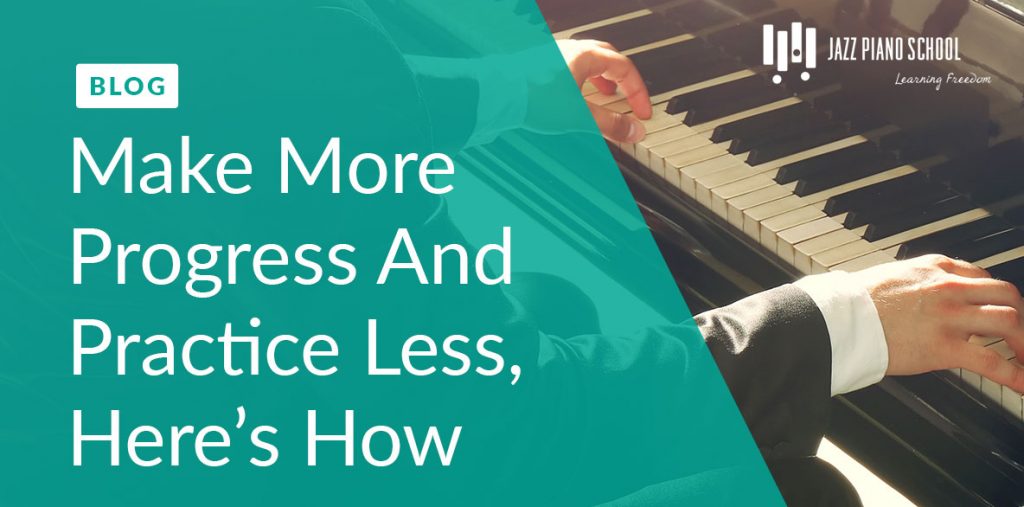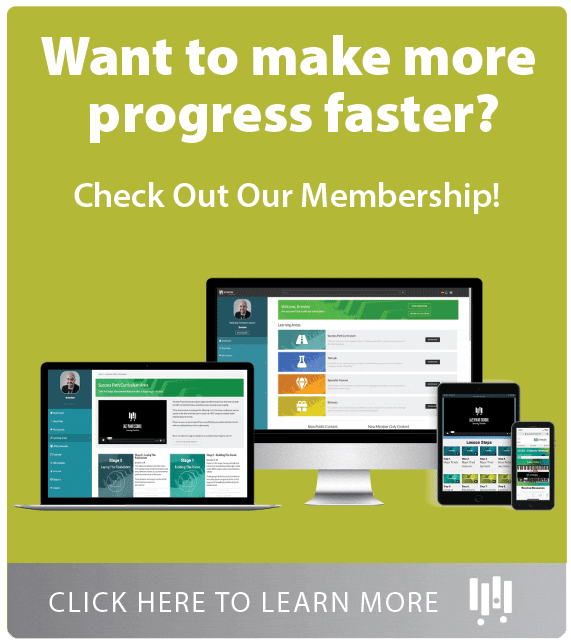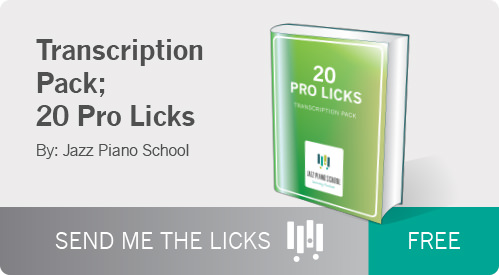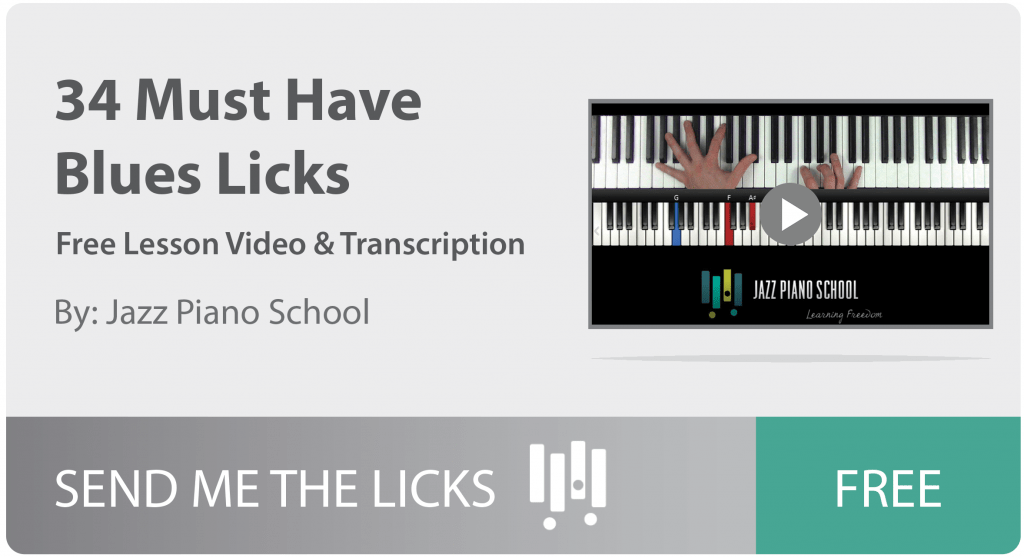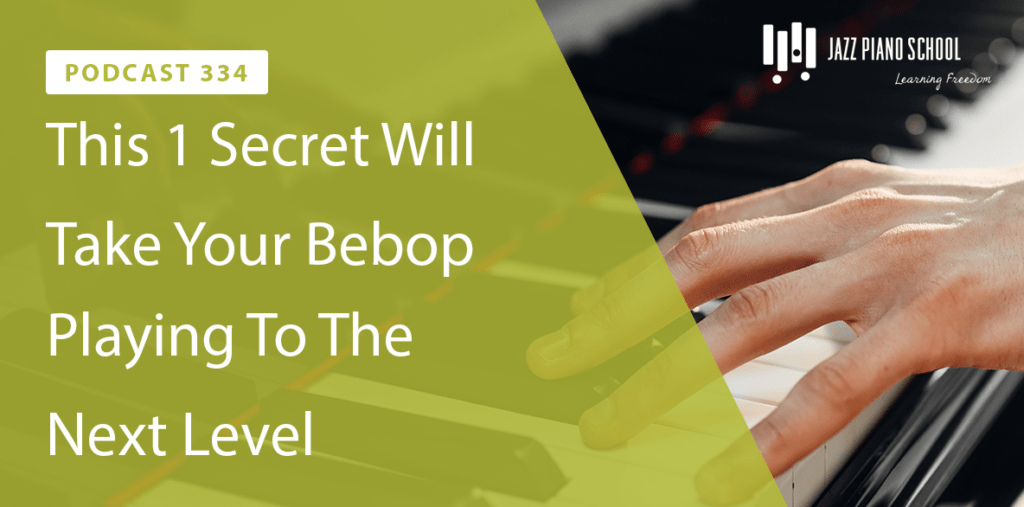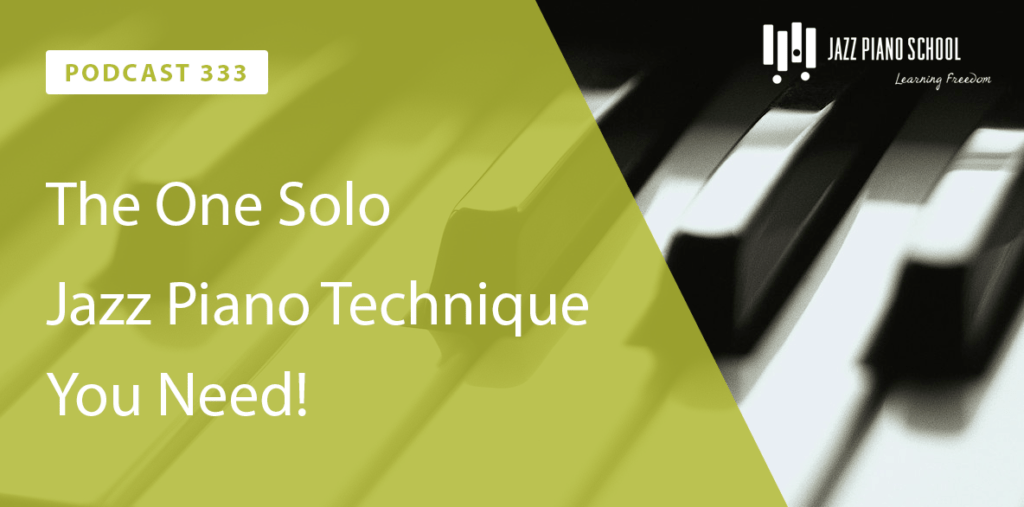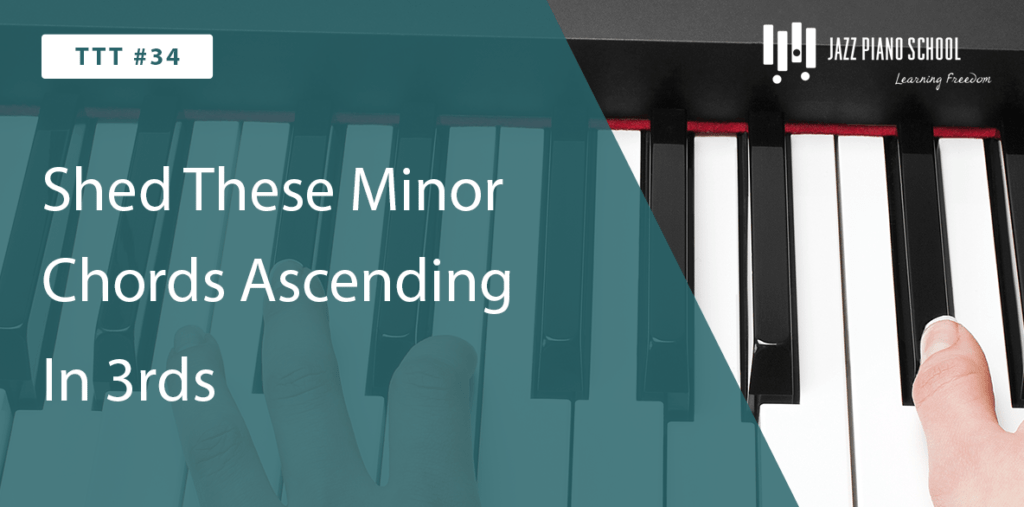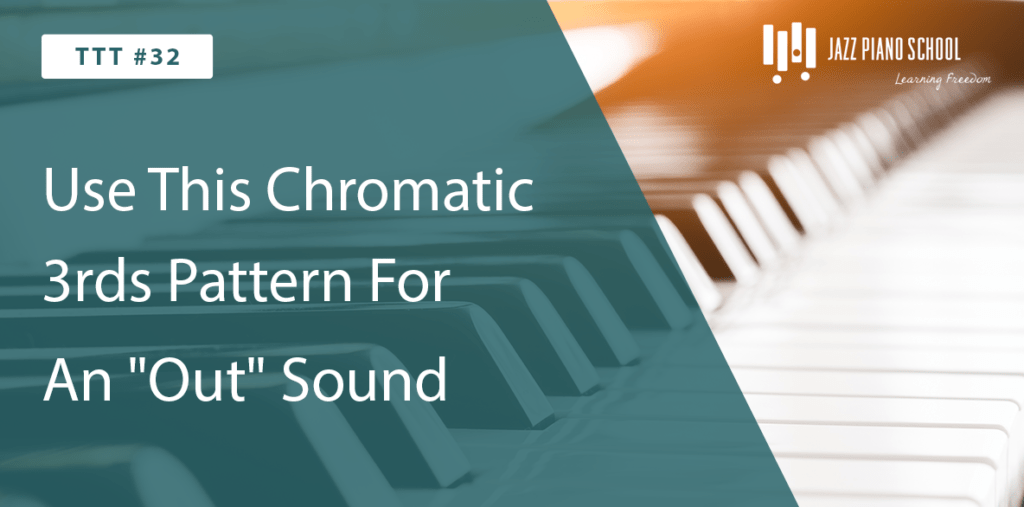Yes that headline is correct. Stop wasting your time and actually make more progress by doing less. Seems too good to be true, right? Let me explain.
Everyone usually wants to learn how to play an instrument or learn a skill, but no one wants to work to learn how to do it. And actually most people spend a little time attempting to practice but since they are practicing completely wrong, they end up quitting. With a couple of tweaks in their practice routine they could have made immediate progress, and used that momentum to become good players. Does this sound familiar at all. The stereotype that everyone has in their mind about practicing is that they need to sit down for 4 hours a day to make any real progress at piano, or anything else for that matter. The truth is, this stereotype has been crushing people’s dreams and preventing great pianists from emerging for years.
Let me clear the water right now by answering the question I get asked the most. “How many hours do I need to practice a day in order to get decently good?”
Ready for the answer? It may surprise you. 10 min a day. I’m going to let that sink in for a second…
With ten minutes a day you can make extreme progress and easily learn everything you need to in about 2-3 months to be able to play effectively and sound great. It’s completely up to you whether or not you wish to speed up this process. In order for this to work though you need to follow my instructions below as specifically as you can, otherwise you will quickly fall into the grave of over practiced pianists. Here’s how to do it.
#1 Pick a tempo you want to practice at, i.e. major 7th chords through circle of fourths.
Pick a general tempo you think you can complete your practice exercise at. I would recommend picking a slower rather than faster tempo to start.
#2 Go through the practice exercise and make note of where you make mistakes.
#3 DO NOT go back through the entire exercise again. Go to the first chord you made a mistake on.
This is the first very, very, important step that needs to be followed precisely. This is where most people will waste countless hours practicing. Most people will go back to the beginning of the exercise attempting to fix their mistakes. Unfortunately, the average brain doesn’t learn in big chunks like this, unless of course you’re a savant. You must isolate your mistakes in the exercise and practice them, and only once they have been corrected in bits, then you may return and practice the exercise in full once more.
(Note: Do you want to start learning more about jazz piano in a way that’s organized and structured? Are you looking for a starting point? If so, check out our FREE beginner guidebook to get the scoop!)
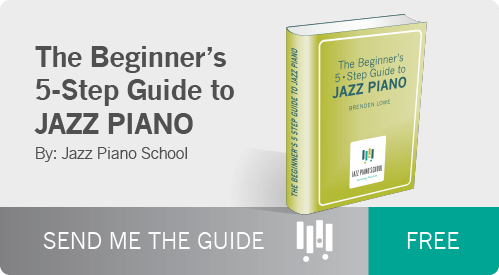
#4 Isolate the first mistake you made, and add on previous measures as you correct the error.
Go to the very first spot you made a mistake. Play the chord slowly and make sure you look as well as feel the correct chord. Start the exercise one measure prior to where you made the mistake and see if you can play it correctly this time at the same tempo. If you can play it correctly three times in a row then you can move on and isolate the next chord you made a mistake at. If not, proceed to step 5.
#5 Slow the tempo down to a speed in which you can play it correctly.
This is another step where most people become frustrated. Most people will continuously attempt to play the chord right at the same tempo in which they made the mistake. Now listen closely, for every time you make the mistake it’s going to take double the amount of effort to fix that mistake and have your mind, and fingers, re learn it the correct way. You have to be able to stop yourself and slow the tempo down so you can force yourself to play it right. You cannot keep playing the same mistake over and over because you will not get better. I know it sounds obvious but think about how many times you repeat something expecting it to be right and continue to make the same mistake. The mistake will not get better if you just keep repeating the same phrase. When this happens you are literally practicing the mistake. The tentacles of the mistake are wrapping themselves tighter and tighter around you as you do this. Go as slow as you need to in order to play the darn thing right. Then, AND ONLY, then, will you be resisting the evil force of the mistake. Otherwise you will be converted to the dark side. For every time you practice the chord correctly, a little more light will shine through, and your fingers will start to learn. They will learn the correct way to playing something. I guarantee you’ll be surprised how fast you learn when you are practicing the correct notes.
#6 Speed up the tempo slightly and backup a little to ensure you have banished the mistake.
In order to ensure the mistake is completely out of your system, speed up the tempo just a tiny bit, and start 2-4 measures before the troublesome measure. Once you are able to play straight through the bar without thinking or second guessing then you know you have completely fought off the evil of that mistake.
#7 Move on to the next mistake and battle the evil the same way.
So it’s not that the practice method I have just described is some revolutionary method that will change your life, it’s simply cutting off all of the bad habits that will constantly hold you back and eventually will force you to quit. Remember, the beginning is the toughest battle to be fought, so take your time, and be specific about playing all the right notes, no matter how slow you need to adjust the metronome.
Happy Practicing!
Fight those mistakes!
Brenden
[Tweet “You can really practice less but do better! Check it out!! #jazzpiano #jazzpianoschool”]
Feel free to subscribe to our email tips and bonus content. Simply click below.
(Note:Are you ready to start learning? Pick up our FREE guide and start in a way that is organized and structured.)



